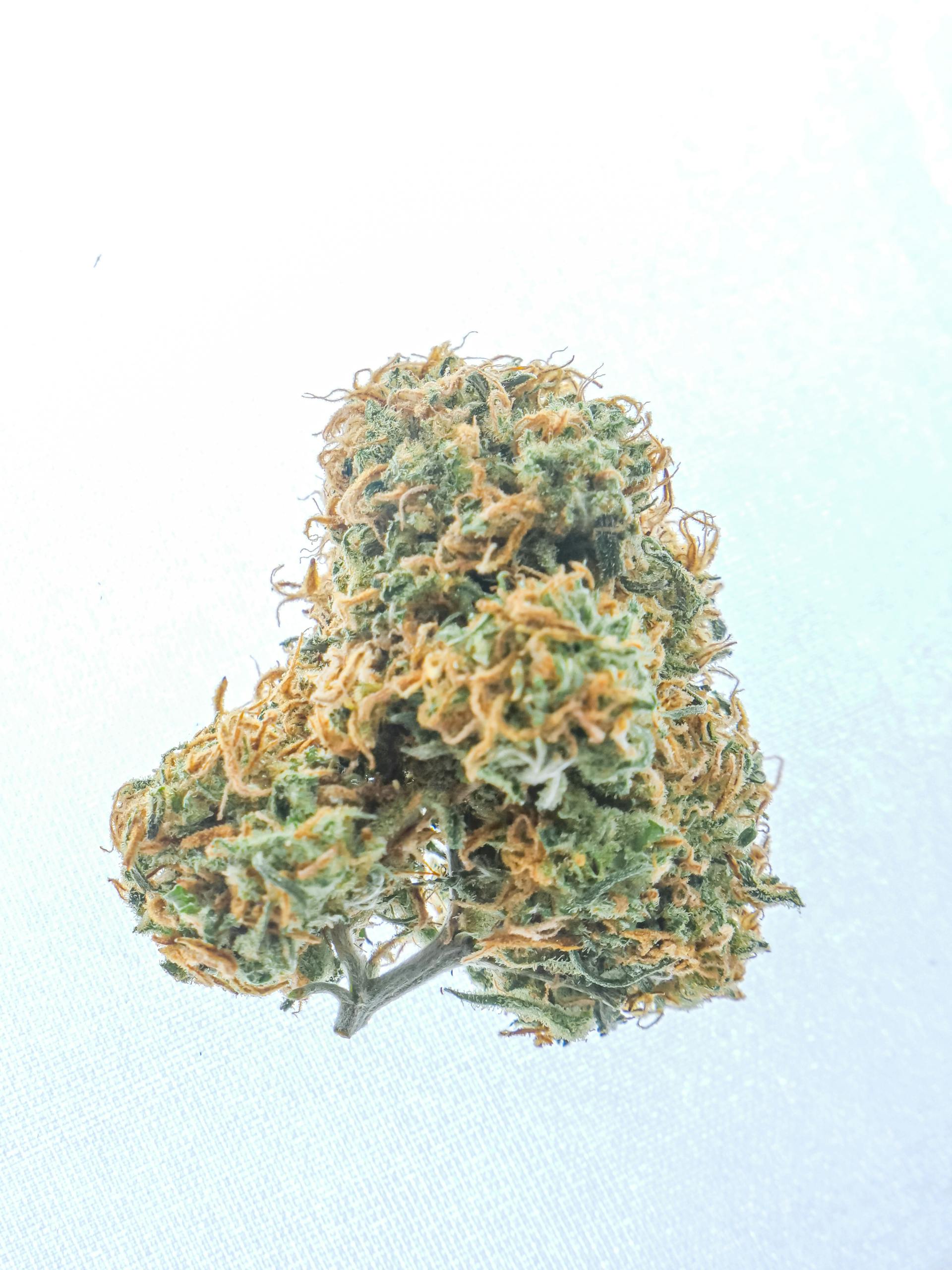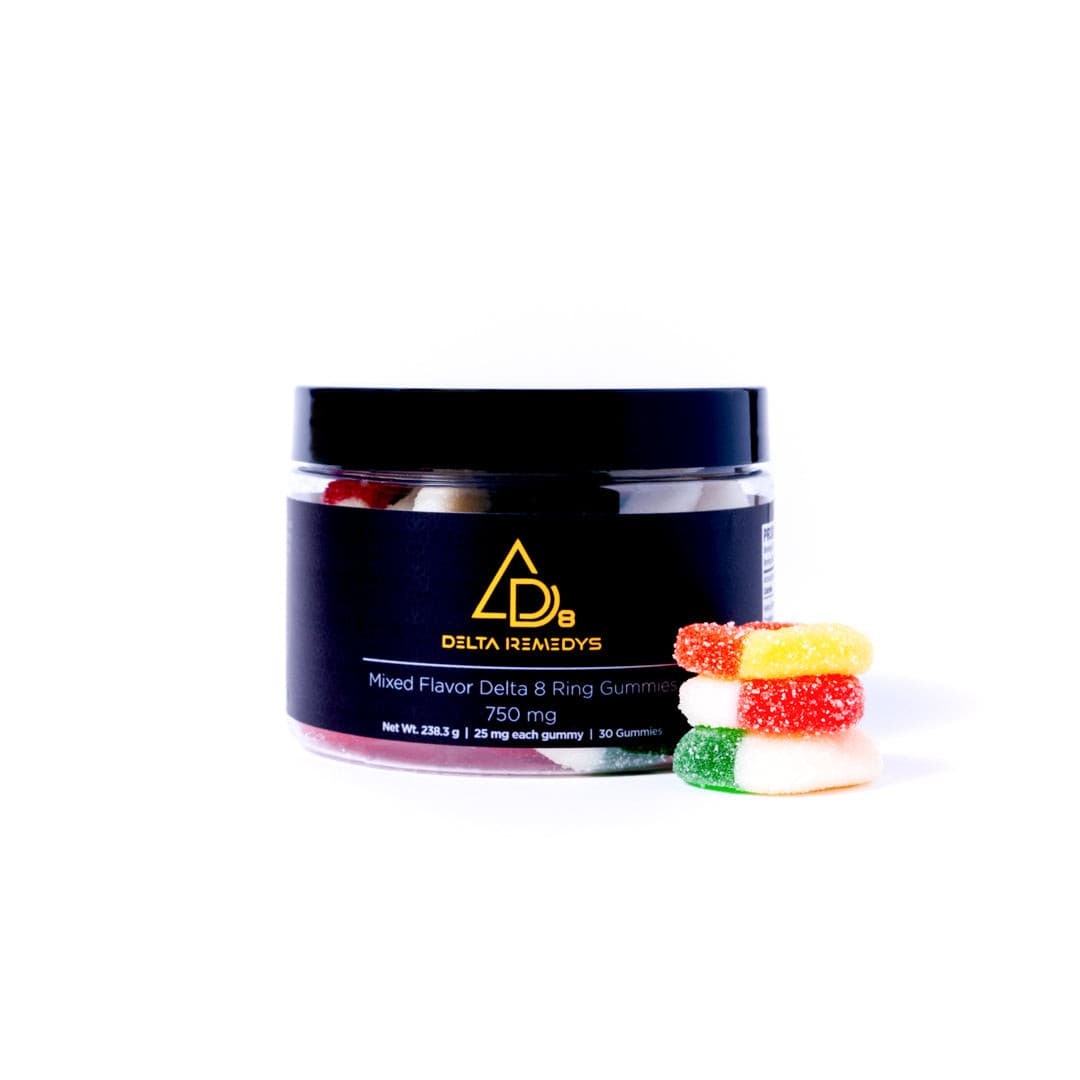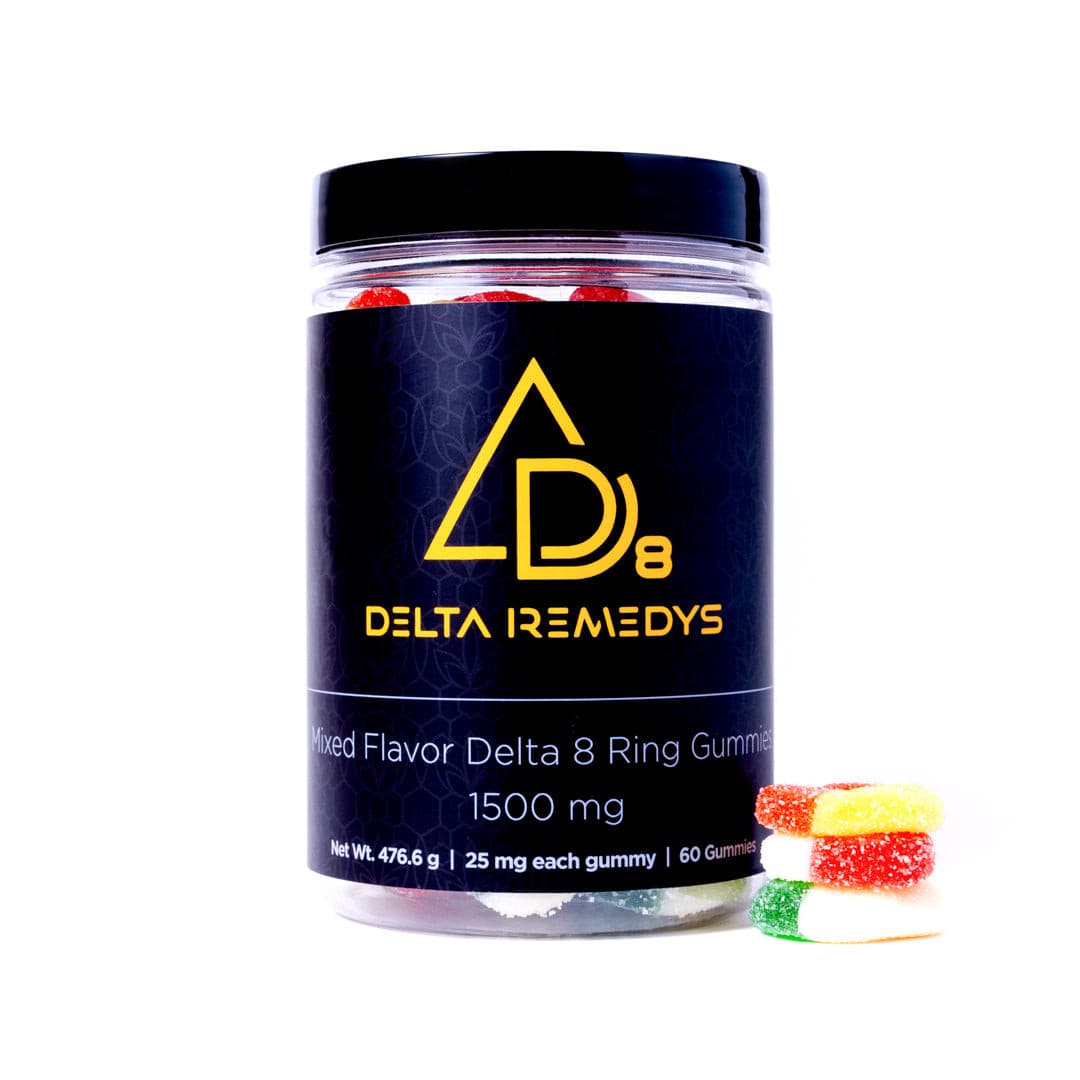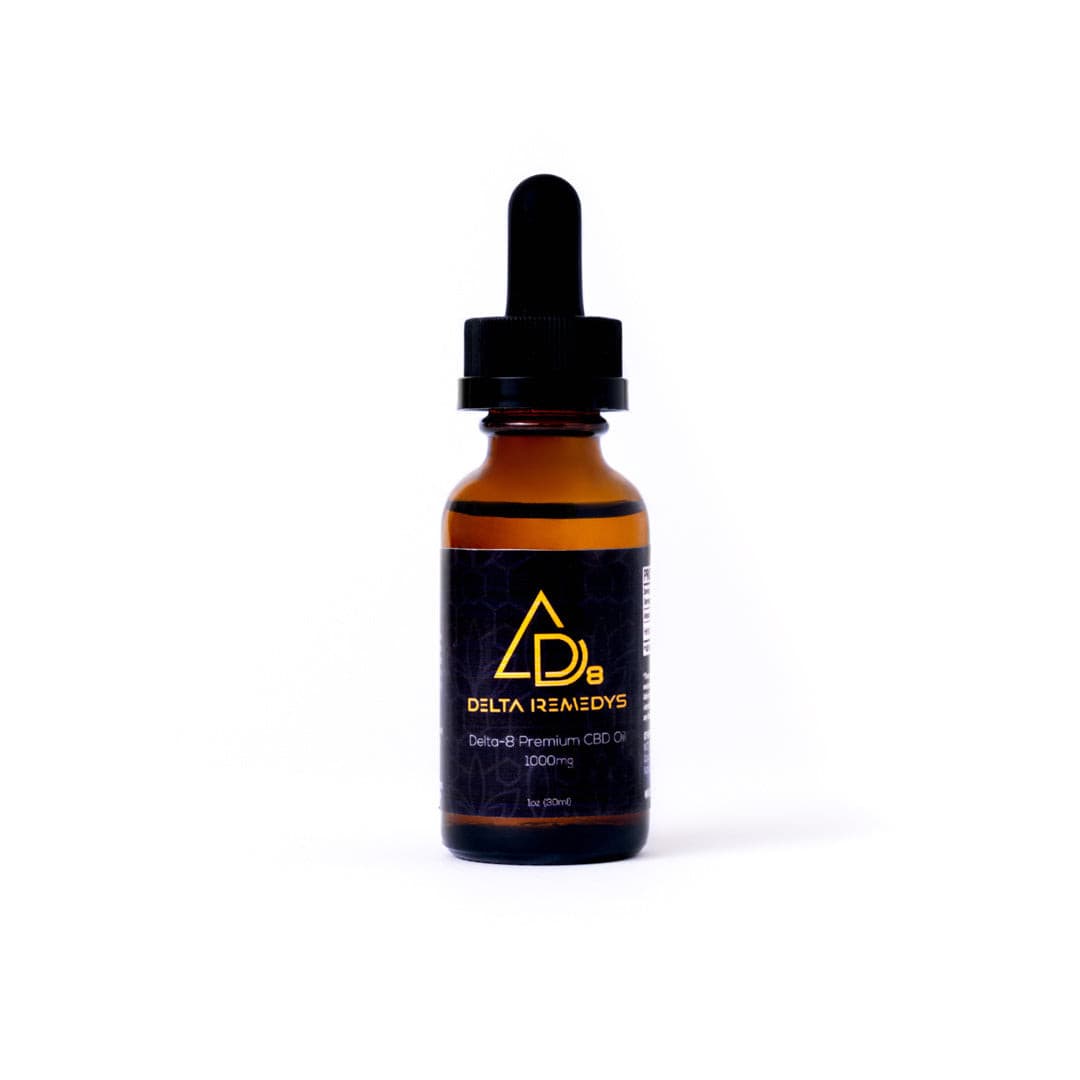For a long time, significant cannabinoids like CBD and THC were the only ones available to customers in the cannabis industry. Products containing trace amounts of semi-synthetic cannabinoids generated from hemp, such as THCP, have recently begun to appear on store shelves, thanks to the 2018 Farm Bill.
THCP is a Phyto cannabinoid that has recently entered the big cannabis market. It occurs naturally in cannabis. In terms of THCP vs THC, it is similar to THC. Although THCP was only detected in late 2019 by an Italian research team, it is one of at least 120 cannabinoids identified in cannabis so far, with likely many more still to come.
On the other hand, THCP is making waves among cannabis consumers. According to their findings, THCP may significantly affect the psychoactive of cannabis strains more so than THC alone. This article explores the in-depth details of this recently identified cannabinoid to answer many of your questions.
Let’s dive in!
What’s THCP?
The cannabis plant contains trace levels of the psychoactive compound tetra hydro cannabiphorol (THC-P). In sharp contrast to the about 30% THC content, a typical cannabis plant often has less than 0.1% THCP. Still, THCP’s efficacy is unaffected by its rarity. New research indicates it might be far more substantial.
Since Italian researchers only discovered THC-P in 2019, our knowledge of its possible medicinal uses is still in its infancy.
Discovering the Twins: THCP and THCB
Aside from the more prevalent Delta-9 THC, two rare psychoactive cannabinoids that are significantly stronger are THCP and THCB (tetrahydrocannabinol).
Their carbon chains are lengthy. The greater potency of THCP and THCB is due, in part, to the fact that THCP’s heptyl chain contains seven carbon atoms while THCB’s butyl chain contains four.
Though both THCP and THCB are highly psychoactive, their effects are distinct due to their unique chemical makeups and how they interact with the human endocannabinoid system.
The strong binding affinity of both cannabinoids for CB1 receptors suggests that they may produce psychoactive effects. The longer carbon chain of THCP makes it likely that it binds much more tightly, which may lead to more pronounced effects.
These side effects might be minimal to severe, depending on the individual, the dosage, and the method of administration. Cannabinoids with psychotropic properties require extra caution, so it’s best to start with a tiny dose and thoroughly observe how your body responds.
In What Ways Is THCP Distinct?
The extended alkyl side chains are the distinguishing feature of THCP. There is a significantly longer carbon atom chain in THCP than in THC. This makes it easier for the cannabis to bind to receptors all over the user’s body.
It is reasonable to assume that THC-P has medical characteristics comparable to THC, including the ability to alleviate pain, nausea, and seizures, among other ailments and pains.
Effects of THCP
Will THC-P have any psychoactive effects like other types of edibles or vapes?
Initial signs imply that THC-P does have an influence, although further research is needed to understand it fully.
The endocannabinoid system in the body is comprised of two kinds of receptors: CB1 and CB2. THC-P interacts with one of these receptors. The fact that THC-P binds to CB1 receptors 33 times more efficiently than Delta-9 THC is noteworthy.
The attachment of THC molecules to CB1 endocannabinoid receptors initiates the inducible psychotropic effects in the body. This suggests that THC-P may produce an even stronger euphoria than THC products, like Delta 9 gummies, perhaps one that is more than 30 times stronger.
The effects of THC-P are comparable to those of Delta 9 THC gummies, according to researchers and consumers, but much more potent. Therefore, it is crucial to dose with care.
Overconsumption of THC-P has several undesirable side effects, including anxiety, paranoia, red eyes, hallucinations, and dry mouth, just like overuse of other edibles.
Possible Applications
Because THCP is still a novel cannabinoid, no research has been carried out on it beyond the original discovery team’s findings. The facts and potential medicinal applications are promising anyway.
Some patients may discover that THCP provides better pain relief than the recommended high doses of THC, especially those undergoing cancer therapy with Rick Simpson Oil (RSO). Sedation, like with high doses of THC, may be induced by larger concentrations of THCP; this could be helpful for insomnia or chronic pain.
However, there is a lack of information regarding the health effects of THCP and the strains that may contain higher quantities of cannabinoids. A lot of people claim that cannabinoid is more potent than THC, although there is no evidence to support that claim.
Possible Advantages
Now that you know THCP has strong psychoactive effects, you should look into its possible applications and advantages. People interested in cannabis products like HHC Gummies, Delta 10 Gummies, and Delta 8 Gummies can profit from and use THCP in the following ways:
Pain Management: Because of its interaction with the endocannabinoid system, THCP has the ability to alleviate pain, especially disorders associated with chronic pain.
Improved Anxiety: Anxiolytic characteristics of THCP have been suggested in preliminary research, suggesting a potential natural solution for symptoms associated with anxiety.
Anti-Inflammatory: Research suggests that THCP may have anti-inflammatory qualities, which could make it a good choice for treating illnesses connected to inflammation.
Appetite Booster: According to some data, individuals suffering from appetite suppression due to medical diseases or therapies may find relief from THCP’s potential involvement in boosting appetite, just like Delta 8 THC Gummies.
Neuroprotective Potential: Preliminary results suggest that THCP may have neuroprotective properties, which would benefit brain health and function.
Sleep Aid: New evidence suggests that THCP may help people with trouble sleeping or insomnia get a better night’s rest.
Nausea Relief: For individuals going through chemotherapy or dealing with gastrointestinal problems, THCP’s interaction with the endocannabinoid system may provide nausea and vomiting alleviation.
Better Mood: THCP may affect mood regulation, which could lead to new possibilities for the treatment of mood disorders and the improvement of people’s emotional health in general. It works similarly to quality Delta 8 tinctures and Delta 9 tinctures.
Possible Hazards and Adverse Reactions
Patients considering THCP as a possible medication should proceed with a reasonable degree of caution due to the lack of available studies.
Since THCP may bind to CB1 receptors 33 times more effectively than THC, even lower doses have a more significant potential for psychoactive. Side effects such as drowsiness may occur if one consumes excessive THCP.
As THCP is not abundant in nature, pinpointing the exact role of the cannabinoid in cannabis’s effects is challenging. Theoretically, THCP may explain why some cannabis varieties are far more potent than others, even when their THC concentrations are the same or lower, such as in the case of HHC vs THC. Still, this idea lacks definitive evidence.
THCP vs. THC
Chemical Makeup
Although they share a cannabinoid family, the molecular structures and effects of THCP and THC couldn’t be more different. The primary cannabinoid found in marijuana plants, known as THC, is composed of five carbon atoms in a pentyl chain.
A heptyl chain containing seven carbon atoms allows THCP, or tetra hydro cannabiphorol, to outstretch its relative. Because of this structural difference, they may have distinct pharmacological effects and differing affinities for the cannabinoid receptors CB1 and CB2.
Cannabis Plant Concentration
Since THC concentrations in marijuana can approach 30%, it is the cannabinoid that stands out the most. Amid sharp contrast, THCP is like a mischievous nymph amid a cannabis forest.
With a molecular weight of less than one percent, it is classified as a trace cannabinoid. Compared to other minor cannabinoids like CBD, THC, CBN, and CBG, which are more plentiful, THCP is a precious rarity due to its low concentration.
The Ease and Availability of Access
Various forms of THC, including oils, edibles, vape pens, and topicals, are readily available due to its ubiquity. As long as it doesn’t exceed 0.3% of dried weight, as is required by the Farm Bill, it can be found in more items made from legal hemp plants, and it is the main attraction of marijuana products.
But THCP is still evading us!
Because of its minute concentration in cannabis, THCP extraction is a laborious process. Because of this, THCP-specific products are probably not widely available and might be challenging to track down.
Extensive Study and Acceptance
Without question, THC is the class valedictorian in the realm of research. Since its discovery, there hasn’t been much THCP research on its possible medical advantages and consequences for long-term users.
Because THCP has a far higher binding affinity to CB1 receptors, preliminary research and anecdotal evidence suggest that it may be quite effective and have therapeutic potential. The full potential of THCP, however, cannot be fully understood without much additional research.
In addition to its well-documented therapeutic uses, such as its analgesic and anti-inflammatory benefits, THC is famous for its euphoric effects.
Final Thoughts
Many people are holding out hope for the cannabinoid THCP. More extensive research on this chemical is still needed, despite scientists mentioning its potential severe impacts on humans. For this reason, you should use caution while dealing with THCP products and test their effects with modesty and deference.
We still think it’s important that you only buy THCP items, such as THC-P carts, from trustworthy stores that offer independent lab testing and certifications of analysis. Because THCP is similarly permitted to THC under federal law, you can come across less trustworthy vendors when shopping for it.
Avoiding THCP or using it with extreme caution, especially when it comes to dosage, maybe the best course of action if you have a history of anxiety when exposed to THC.
FAQs
What is the present Legal Status of THCP?
The legality of THCP is far from static. So, it’s important for those who use cannabis to know what the local rules are about THCP. The legal status of THCP is also being continuously assessed, so it’s essential to keep that in mind while you read up on its potential benefits and dangers. You can make educated decisions about the possible benefits or risks of this cannabinoid’s use by keeping up with its changing legal status. Just like keeping up with rules that revolve around the case; is Delta 8 on a plane allowed? Or can you Fly with Delta 8 or other THC products?
How much time does THC-P have an effect?
You might be wondering how long THC-P stays effective when you think about its potency. Because of its high levels of psychoactive and potency, THC-P can have effects that last longer than those of other cannabinoids. Due to the novelty of this cannabinoid, studies are continuing to determine the average half-life of its impact. Customers should keep themselves updated as new information becomes available so that they can make educated choices about the cannabis they ingest. You must be cautious of possible long-term impacts due to the drug’s strength.
Is it possible for a drug test to show positive results for THC-P?
Since THC-P is a psychoactive cannabinoid, the answer is pretty similar to the question; does delta 8 show up on drug tests? Because it may be detected in a drug test. Its high-potential effects may be due to its THC-like properties. We may not yet know how to specifically identify THCP in drug testing because this compound is still the subject of active investigation. Consumers must be cognizant of this fact when contemplating using THCP products, particularly those liable for drug testing.
Is Delta-9 stronger than THC-P?
Compared to Delta-9, THC-P may have more potency. According to the research, THC-P has the potential to be more potent than ordinary THC, meaning that its effects could be more intense. Because of this, you should think about the consequences of consuming THC-P products and learn how they could affect you differently. For cannabis consumers, it is important to know how THC-P compares to Delta-9 in terms of; is delta 9 real weed unlike THC-P, what is the strength difference, and to exercise caution while utilizing products containing this cannabinoid.
Are THCP and THCB similar or different?
THCP and THCB are cannabinoids that have only recently been found; they are comparable to one other because they have a high affinity for the CB1 receptor and may have powerful effects. However, their chemical structures are different, and their effects on the body might also differ. We still don’t know much about the possible therapeutic benefits and hazards of these cannabinoids because they are so novel.




